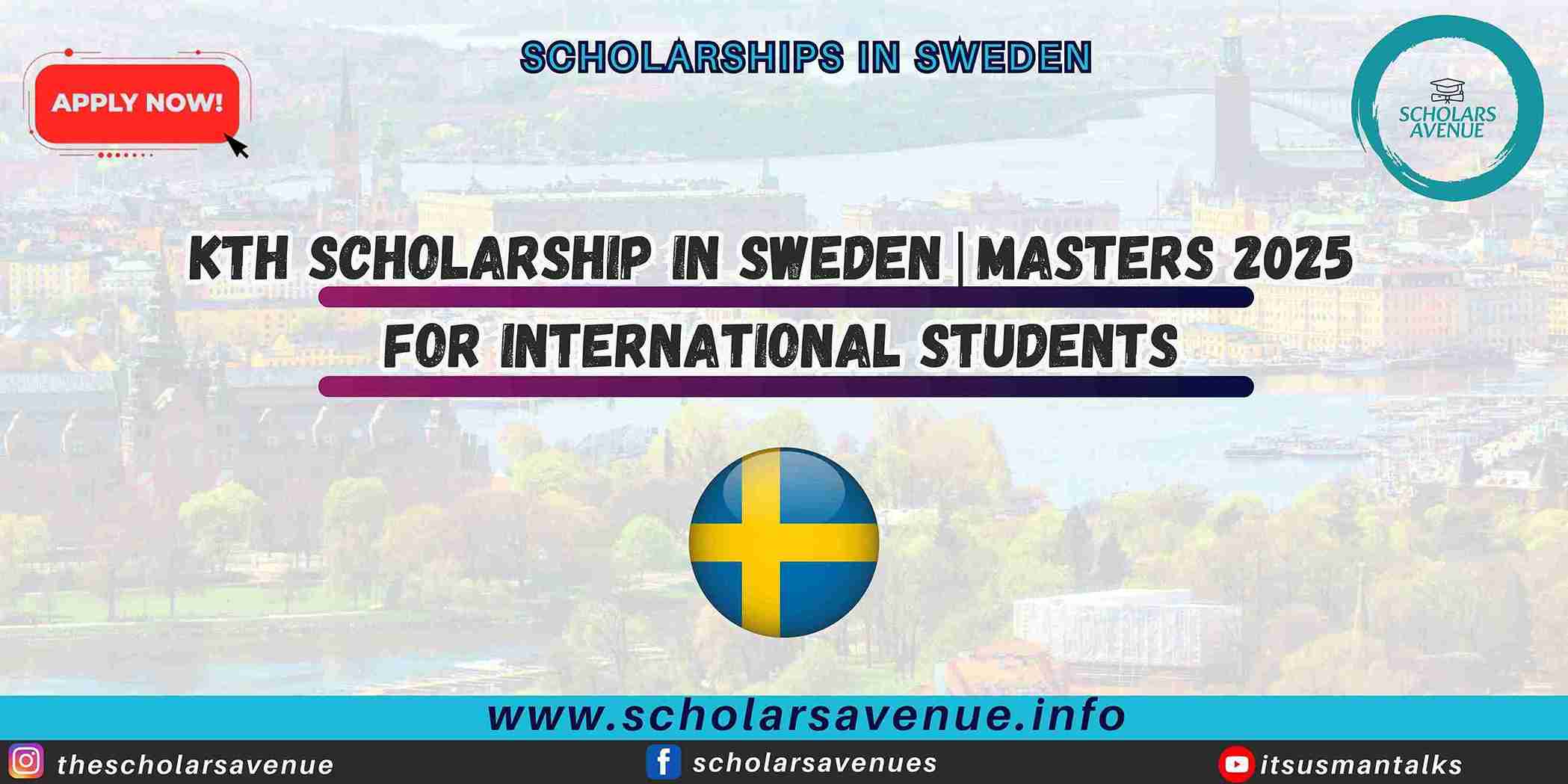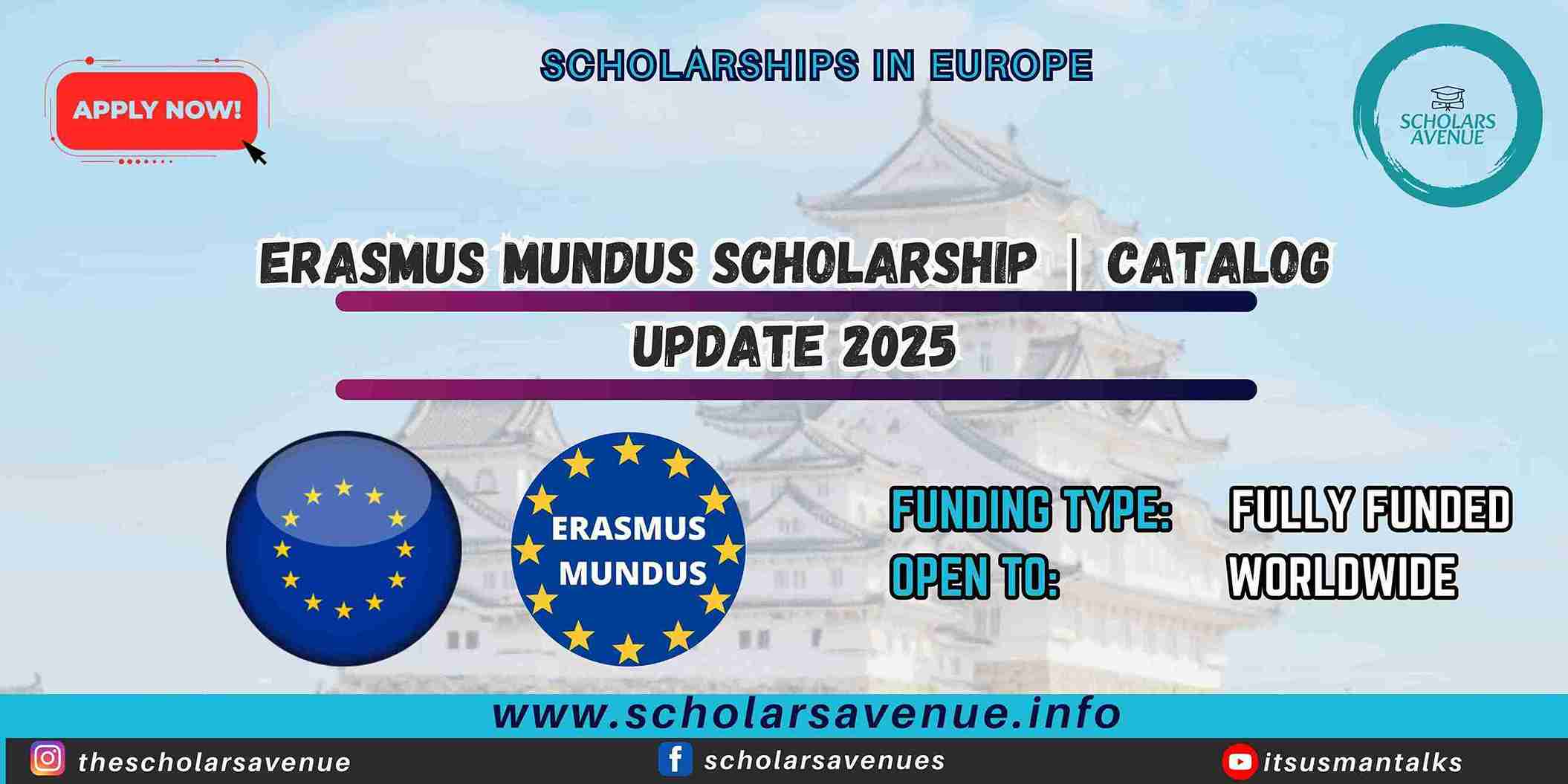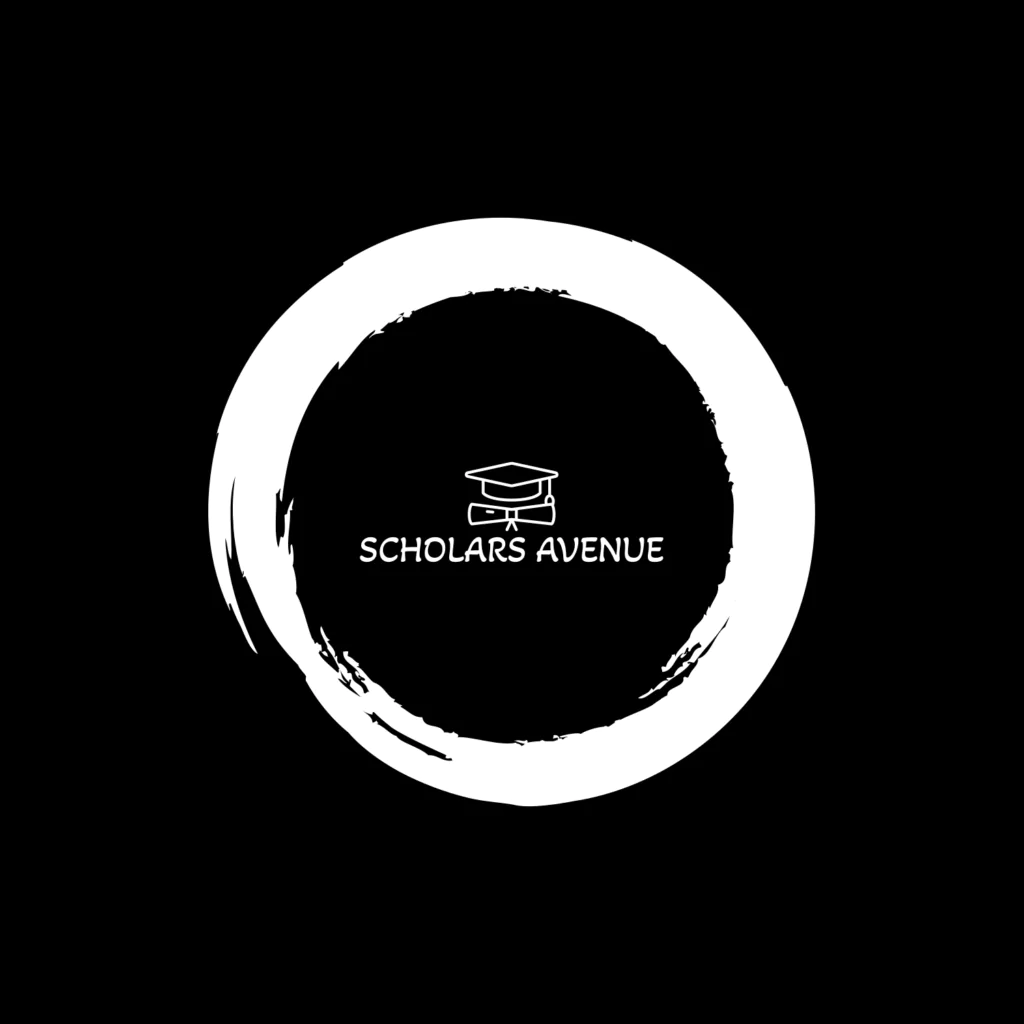Are you an international student aiming to study in Germany without Blocked Account (Sperrkonto)? Securing a student visa for Germany typically involves demonstrating your financial capacity, with a Blocked Account being the most common method. However, there are alternative ways to meet the financial requirements without resorting to this method. In this guide, we will explore various authorized strategies to study in Germany without a Blocked Account, helping you navigate the visa application process more smoothly and efficiently.
One notable alternative to the Blocked Account is the Letter of Commitment (Verpflichtungserklärung). This document allows you to bypass the need for a Blocked Account if a resident of Germany agrees to cover all your expenses during your stay, including living costs, accommodation, and more. Additionally, scholarships offer another viable option. They can either fully or partially cover your financial needs, thus replacing the Blocked Account requirement. By leveraging these alternatives, you can fulfill the financial criteria for your German student visa without the traditional Blocked Account, potentially simplifying your journey to studying in Germany.
What is a Blocked Account?
A Blocked Account is a special type of account for international students, required by German Law, to secure the student visa. This bank account ensures you have enough funds to cover living expenses during your stay. For 2024, this amount is set at €992 per month, totaling €11,904 for the year. However, there are several ways to study in Germany without blocked account that students can consider.
Who Needs a Blocked Account?
Students from the EU, Norway, Iceland, Liechtenstein, and Switzerland can study in Germany without Blocked Account. They are exempt from requiring a student visa or residence permit, and thus, proof of funds is not necessary. For students from other countries, if no other proof of sufficient funds is available, a Blocked Account is required. However, if you can demonstrate the necessary finances through other accepted means, a Blocked Account is not mandatory.
How to Study in Germany Without Blocked Account?
1. Letter of Commitment (Verpflichtungserklärung)
A Letter of Commitment is a formal document allowing you to study in Germany without a blocked account, where a resident of Germany agrees to cover all your expenses during your studies. This includes costs for food, clothing, medical treatment, and accommodation. Here’s what you need to know about using this alternative:
- Validity: The Letter of Commitment is typically valid for up to 5 years but can be extended if necessary. However, it must be renewed if it expires or if your purpose of stay changes.
- Cost: The fee for this document is €29, paid by your sponsor. If the application is rejected, the fee is non-refundable.
- Application: To apply, your sponsor must provide proof of their financial ability to support you and pay the fee. The document should not be older than 6 months at the time of your visa application.
Benefits
- You do not need to have €11,208 at once.
- Less bureaucracy on your side.
Drawbacks
- It is only for a few. Most aspiring students do not have a person in Germany who can take on such a responsibility.
- Your potential sponsor must meet particular criteria (including salary-wise). Otherwise, the application for the formal obligation will be rejected.
- Your sponsor needs to go through time-consuming bureaucratic procedures with the Foreigner’s Office.
- Compared to the Blocked Account, it gives German authorities more room to reject this document as proof of finances.
How to obtain the Letter of Commitment (Verpflichtungserklärung)
- Choose an Eligible Host: Your potential host must meet specific criteria, including having sufficient income, legal residence in Germany, and suitable accommodation conditions. The Foreign Office will evaluate these factors.
- Application: The host must apply for the Letter of Commitment in person at the local Foreigners Authority. If the host cannot apply in person, another individual can apply on their behalf with a signed Power of Attorney and a copy of the host’s passport or ID card.
- Required Documents:
- Completed “Angaben zur Verpflichtungserklärung” form.
- Valid passport or national ID card of the host.
- Copy of the applicant’s passport.
- Proof of the host’s legal residence in Germany, such as a residence permit.
- Proof of sufficient income (e.g., salary statements, employment contract, business income).
- Proof of accommodation (e.g., rental contract, registration confirmation).
- Appointment Booking: The host must book an appointment with the Foreigners Authority through phone, email, or in person via the Information Office of the Foreign Office.
- Interview Preparation: Before the appointment, the host must answer questions about:
- Number of visitors they will host.
- Visitor’s marital and parental status.
- Reason for the visit to Germany.
- Length and period of the visit.
- Host’s legal residential status in Germany.
- Submission and Approval: During the appointment, the host submits all required documents. The Foreign Office will review the application and decide whether to issue the Letter of Commitment.
Crucial Points to Consider:
- Validity Period: The Letter of Commitment must be obtained within six months of your planned travel date.
- Replacement: If the Letter of Commitment is lost, it cannot be replaced. You must reapply, providing all necessary documents and paying the application fee again.
- Host’s Financial Obligation: The host’s financial responsibility ends once you leave Germany or obtain a residence permit for a different purpose.
- Ineligibility: Certain residents, such as those receiving certain benefits (AsulblG, SGB II, SGB XII) or funded by scholarships, cannot act as financial sponsors.
- Non-EU Nationals: The Letter of Commitment is valid proof of funds for non-EU nationals applying for a German non-settlement visa.
Note: Your sponsor should send the Letter of Commitment (Verpflichtungserklärung) by physical post or hand it to you directly. The German Embassy/Consulate requires the original document, not a photocopy. Without the original, your student visa application will be rejected.
For a complete guide on the Letter of Commitment, visit the Official Link Here:
2. Scholarships
Scholarships are another excellent way to study in Germany without blocked account. Scholarships can fully or partially cover your financial needs, depending on the amount awarded. Here are the pros and cons:
Benefits:
- No need for upfront €11,904.
- Reduced visa processing times.
- Often no student visa fees for scholarship holders.
Drawbacks:
- Highly competitive application process.
- Slow processing time for scholarship approval.
Recognized Scholarships
According to German regulations, three types of scholarships can be used to prove financial means:
- Scholarships from German public funds (e.g., DAAD).
- Scholarships from recognized funding organizations in Germany (e.g., Erasmus).
- Scholarships from public funds in your home country, if placed by German institutions.
For a scholarship to replace the Blocked Account requirement, it should be a full scholarship, providing at least €934 per month. Even partial scholarships can be used but for that proof of remaining funds should be provided through other acceptable means.
Here is a list of a few fully funded scholarships that you can apply to:
| DAAD (German Academic Exchange Service) |
| Konrad-Adenauer-Stiftung |
| Friedrich-Ebert-Stiftung |
| Friedrich-Naumann-Stiftung für die Freiheit |
| Heinrich-Böll-Stiftung |
| Rosa Luxemburg Stiftung |
Why is a Blocked Account Still Preferred?
Despite the alternatives, a Blocked Account remains the safest and most accepted method for securing a German student visa. It is a straightforward, universally accepted proof of financial means. The process of opening a Blocked Account is now quick and can be done online, making it a convenient option for many students.
You may also be interested in fully funded scholarships in France.
In summary, while there are several ways to study in Germany without blocked account , such as the Letter of Commitment and scholarships, a Blocked Account is often the most reliable and hassle-free option. It ensures a higher likelihood of visa approval and simplifies the financial verification process.
Looking to maximize your chances of acceptance?
Consider using our Professional Services to polish your application and stand out from the crowd.
For detailed videos on relevant opportunities check out:
Frequently Asked Questions (FAQs)
What is a Blocked Account (Sperrkonto)?
A Blocked Account is a special type of bank account required for certain German visas, ensuring you have enough funds to cover your living expenses while in Germany. For 2024, you need to show €992 per month, totaling €11,904 per year.
Who needs a Blocked Account to study in Germany?
Students from outside the EU, Norway, Iceland, Liechtenstein, and Switzerland generally need a Blocked Account unless they can provide proof of sufficient funds through other accepted means.
Can I study in Germany without blocked account?
Yes, there are two main alternatives to a Blocked Account in Germany: the Letter of Commitment (Verpflichtungserklärung) and scholarships.
What is a Letter of Commitment (Verpflichtungserklärung)?
A Letter of Commitment is a formal document where a resident of Germany agrees to cover all your expenses during your studies. This includes costs for food, clothing, medical treatment, and accommodation.
How much does a Letter of Commitment cost?
The fee for a Letter of Commitment is €29, paid by the sponsor. This fee is non-refundable, even if the application is rejected.
Can scholarships be used as a way to study in Germany without Blocked Account?
Yes, scholarships can serve as an alternative if they meet certain criteria. They must cover at least €934 per month, amounting to €11,208 per year, to fully replace the Blocked Account requirement.
What types of scholarships are recognized as proof of funds?
Three types of scholarships can be used as proof of funds:
Scholarships from German public funds (e.g., DAAD).
Scholarships from recognized funding organizations in Germany (e.g., Erasmus).
Scholarships from public funds in your home country, if placed by German institutions.
Why is a Blocked Account preferred over to study in Germany without blocked account?
A Blocked Account is the safest and most universally accepted method for proving financial means for a German student visa. It simplifies the process, ensuring a higher likelihood of visa approval, and can be opened quickly and easily online.
Can partial scholarships be combined with other proof of funds?
Yes, partial scholarships can be used in combination with other proof of funds, such as a Blocked Account, to meet the financial requirements.
How can I open a Blocked Account in Germany?
You can open a Blocked Account online through various providers. The process is quick and straightforward, making it a convenient option for many students.









